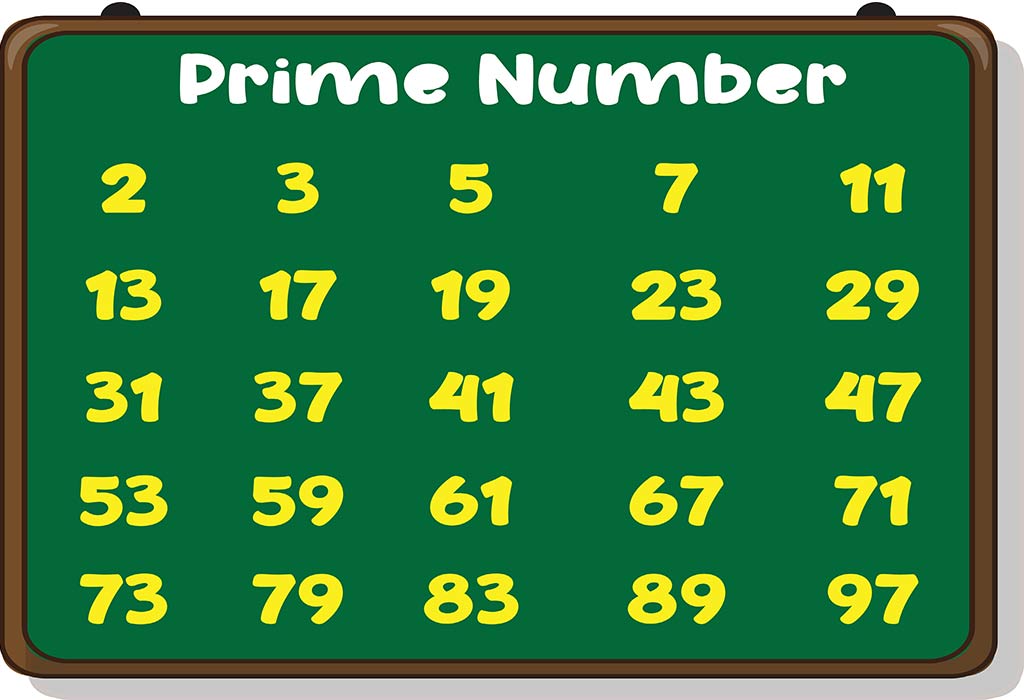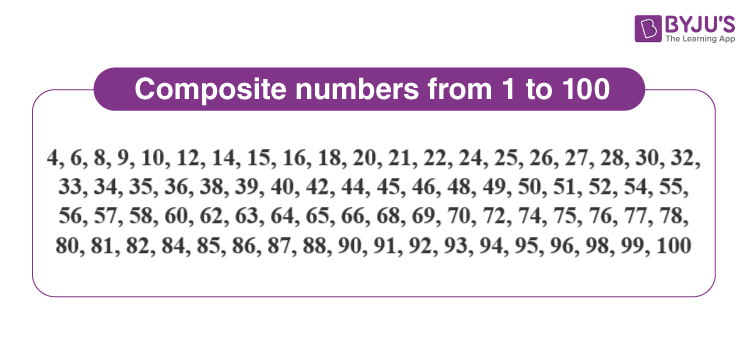In the vast landscape of numbers, asking yourself the question “what are prime and composite numbers” plays a fundamental role in pitching a student’s knowledge in mathematics. prime and composite numbers stand as two fundamental categories, each with its own unique properties and significance. Besides, understanding the distinctions between prime and composite numbers is essential for unraveling the mysteries of mathematics. For the same reason, this blog explores the characteristics of prime and composite numbers extensively, and evidently providing practical examples to deepen our comprehension.
Learnerscamp is a dedicated platform designed to assist learners in comprehensively understanding the concept of prime and composite numbers. Through practical questions and clear explanations, Learnerscamp provides the essential resources to help you grasp the fundamentals of what prime and composite numbers.
Demystifying Prime and Composite Numbers: A Comprehensive Exploration
Besides learning on the fundamentals of prime and composite numbers, you can also gainfully learn the process of calculating the area figures with the many educative and comprehensive guides within learnerscamp. similarly, get to learn of step-by-step methods and key principles for accurate geometric calculations. Moreover, you can also get to learn about numbers and mathematical formulas. For instance, Learnerscamp platform is designed to assist learners comprehensively understand the concept of area. Through practical questions and clear explanations Learnerscamp provides the essential resources to help you grasp the fundamentals of how to find the area of a trapezium ,how to find the area of a square ,how to find the area of a circle as well as other shapes.
Unlock the secrets of prime and composite numbers with this comprehensive guide. Delve into their properties, differences, and practical examples for a deeper understanding of mathematical concepts.
Understanding Prime and Composite Numbers:
- Unveiling Their Characteristics
Prime Numbers: The Building Blocks of Mathematics
Prime numbers are natural numbers greater than 1 that have only two distinct positive divisors: 1 and the number itself. Here are some key characteristics of prime numbers:

- 1. Distinctiveness:
Prime numbers cannot be formed by multiplying two smaller natural numbers other than 1 and the number itself. They stand alone in their uniqueness.
- 2. Examples:
2, 3, 5, 7, 11, 13, 17, 19, ……..
Composite Numbers: The Product of Primes
Composite numbers, on the other hand, are natural numbers greater than 1 that are not prime. In other words, they have more than two distinct positive divisors. Let’s explore some features of composite numbers:

- 1. Product of Primes:
Composite numbers can be expressed as the product of prime factors. They are formed by multiplying prime numbers together.
- 2. Examples:
4, 6, 8, 9, 10, 12, 14, 15, ……
Practical Examples:
Let’s delve into some practical examples to illustrate the concepts of prime and composite numbers:
- 1. Prime Number Example:
– the number 7 is a prime number because it has only two distinct positive divisors: 1 and 7. It cannot be divided evenly by any other number.
- 2. Composite Number Example:
– the number 10 is a composite number because it can be expressed as the product of prime factors: 2 x 5. It has divisors other than 1 and 10.
Importance in Mathematics:
Understanding prime and composite numbers is crucial in various mathematical contexts. As such, the applicants can use the knowledge in various fields to generate beneficial outcomes for the individual and the society at large.
- 1. Cryptography:
Prime numbers play a vital role in encryption algorithms used in cybersecurity to secure data transmission.
- 2. Factorization:
The ability to factor composite numbers into their prime factors is essential in solving mathematical problems and simplifying calculations.
Conclusion:
In conclusion, prime and composite numbers form the backbone of mathematical concepts, each with its own distinct characteristics and applications. By unraveling the mysteries of prime and composite numbers, we gain deeper insights into the fundamental principles of mathematics. So, let’s continue exploring the world of numbers and embracing the beauty of prime and composite numbers in all their complexity!
So, the next time you encounter a number, remember to ponder its prime or composite nature and appreciate the intricate patterns woven into the fabric of mathematics.









this is a nice blog